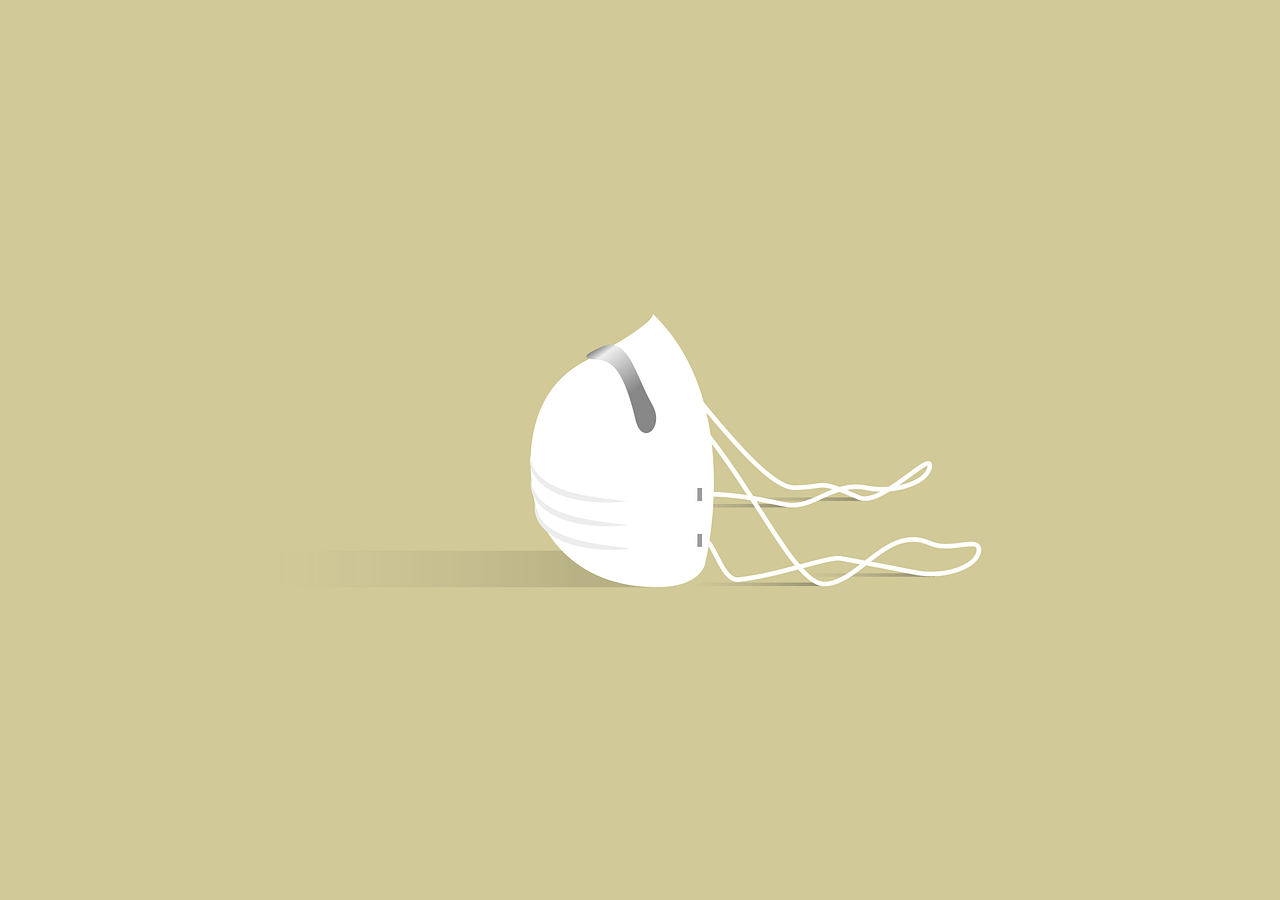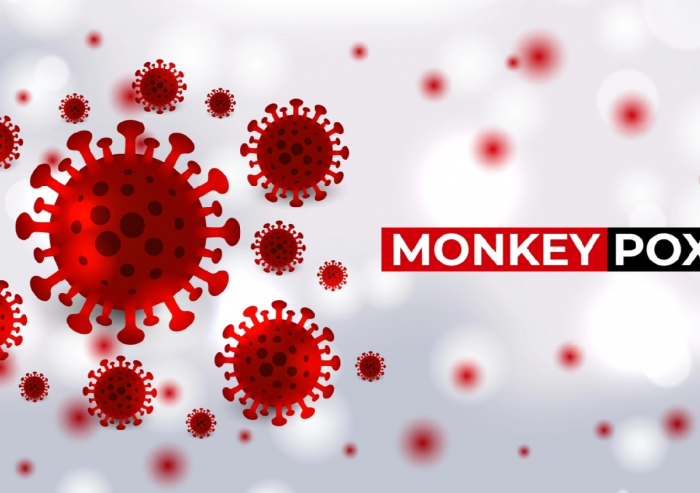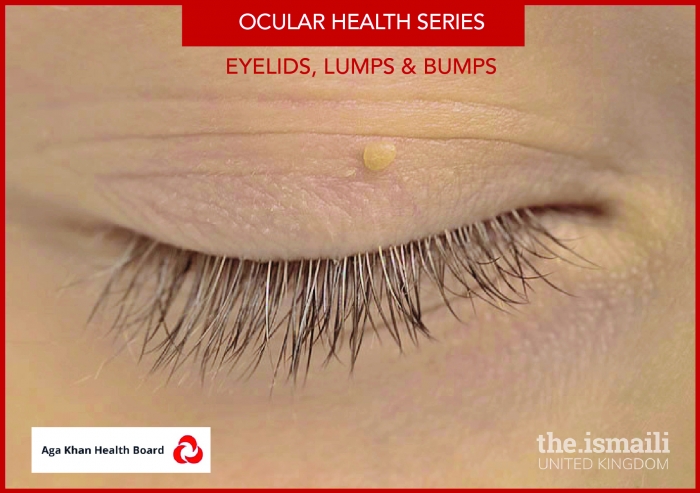Burnout in the healthcare profession is spoken about most commonly behind closed doors. However, as a profession, we are more than ever during this pandemic, likely to suffer from emotional exhaustion and acute-on-chronic occupational stress. The lethal combination of a long hours, redeployment and covering for sick colleagues, mean that we are likely, more than ever, to suffer from a low sense of personal accomplishment, whilst ironically working harder than many of us may have in our careers to date. This is precariously balanced by the care and admiration we are feeling from the country at large, be it gaining entry into a supermarket without having to queue or the heart-warming clap for carers. Below is a summary of some tips from a recent interview conducted by a doctor at Harvard Medical school and Dr. Haider Al-Hakim – Ophthalmologist from the UK and burnout coach.
- Remember your mission
Always remember the ‘why’ – remind yourself why you chose this path and have faith that everything happens for a reason
- Build your resilience
This will help you bounce back from situations and view difficulties as challenges rather than struggles. Methods for building resilience can be physical, psychological or even spiritual and they will help you face adversities
- Focus on the present
Remember that what you are going through will end. Don’t stress out about the things you have no control over
- Be realistic but stay positive
Avoid negative self-talk and think about healing rather than destruction
- Practice self-care
The WHO advises healthcare workers to take care of themselves, eat healthily, stay active and rest sufficiently between shifts. Find beneficial ways of de-stressing, such as going for a walk or connecting with loved ones
- Practice gratitude
Even in the darkest times, we have things to be grateful for – focusing on these things will help pull you through dark times
Healthcare workers and key workers within the Jamat are reminded that there are a number of mindfulness resources available through the.ismaili/uk or the IIUK app.
In addition, NHS staff have access to a number of wellbeing apps free of charge, from now until December to support health and wellbeing. These include:
- Unmind (Uses scientifically-backed assessments to manage stress, sleep, coping, connection etc. Sign up with NHS email address).
- Headspace (science-backed app in mindfulness and meditation. Sign up with NHS email address).
- Sleepio and Daylight (clinically evidence-based app that helps people experiencing symptoms of worry and anxiety using cognitive behaviour techniques, voice and animation). This is also free for staff who do not currently have an NHS email address – e.g. medical students and former staff returning to the workforce. http://sleepio.com/nhs-staff and http://trydaylight.com/nhs-staff.








